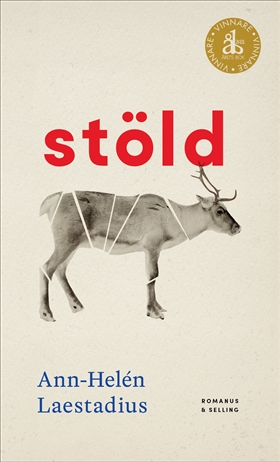Times of Indigenous Transitions. De-colonializing Climate Change Temporalities in Sápmi
Details
- Funder: The British Academy
Project Description
The idea of a Just Transition is not just a political idea, it is an idea that is steeped in particular conceptions of Time. It implies a before and after, a moment of change and disruption. This is characteristic of much of the public debate about climate change which is riven with contested temporal frames: should we think about future generations or the needs of the present? Are we talking about one slow change or multiple, rapid shifts? How can we coordinate the timescales of indigenous nations, industrial processes, carbon, politics?
The aim of this programme is to bring together an interdisciplinary global network of scholars to ask:
- How does Time play a role in shaping our understanding of what constitutes a Just Transition?
- What temporal frames tend toward justice for both people and other beings?
- What tools for thinking with and about Time can facilitate democratic public climate debate?
My project is called ”Times of Indigenous Transitions: De-colonializing Climate Change Temporalities in Sápmi.” The indigenous communities in Sápmihave long faced serious impediments to their culture and livelihoods, including colonial land-grab, resource extraction, racial stereotyping and violence, and denial of political rights (Lindmark and Sundström 2018; Lantto 2013; Hossain and Petrétei 2017;Ojala and Nordin 2019). Climate change is further amplifying these problems, all the while adding more facets to them. One such added complication is the climate change-induced threats to reindeer husbandry, and reindeer herders are now voicing the concern that husbandry cannot be sustained in the face of climate change (Furberg, Evengård, and Nilsson 2011). The problem is, though, that it is difficult to even speak of the disappearance of reindeer husbandry because that has long been a central element of colonial rhetoric (Buhreand Bjork, 2019). As such, climate change discourse becomes burdened by historical elements of colonial rhetoric, while many Sami communities are also deeply invested in addressing climate change. The dilemma thus opens possibilities to decolonize climate change temporal frames by centering Indigenous perspectives: how are collective memories, present exigencies, and future imaginaries negotiated among Sami communities in the face of climate change, and how do these negotiate colonial histories? Such timeframes can become central tools in navigating what just—de-colonial and socio-environmentally sustainable—transitions in Indigenous-settler relations might look like.
Lately, many Sami artists have addressed Sami responses to climate change-induced threats to reindeer husbandry. From Britta Marakatt-Labbas textile narratives, to Ann-Helén Laestadius literary landscapes, to Maxida Märaks lyrics and stage performances, Sami artists are calling attention to climate change as an existential threat in Sápmi, imbued with colonial legacies. In analyzing the works of these artists, this project will combine perspectives from indigenous rhetoric, post-colonial critique, and critical time perspectives on climate change. As such, it contributes to a dynamic theoretical debate on colonial practices of temporal othering of indigenous peoples (Rifkin 2017; Buhreand Bjork 2021; Fabian 2002) butadds an aesthetic approach that also points to indigenous alternatives. By focusing on artistic expressions, it can give a deeper sense of how justice claims around transitions are negotiated in Sápmi, in relation to meaning-making and responses to loss, existential threats, and colonial legacies. As such, it promises to provide innovative conceptual development for how historical experiences intermesh with dominant narratives about the timescales and timeframes of climate change.

Cover to the novel "Stöld" (2021), by Ann-Helén Laestadius.
About the Project
The project is a part of "The Times of a Just Transition” research programme.
Project Duration
2023–2025
Funding
The British Academy
External Website
https://www.thebritishacademy.ac.uk/projects/the-times-of-a-just-transition/
Researchers
All in all, the programme gathers 23 researchers across six continents.
